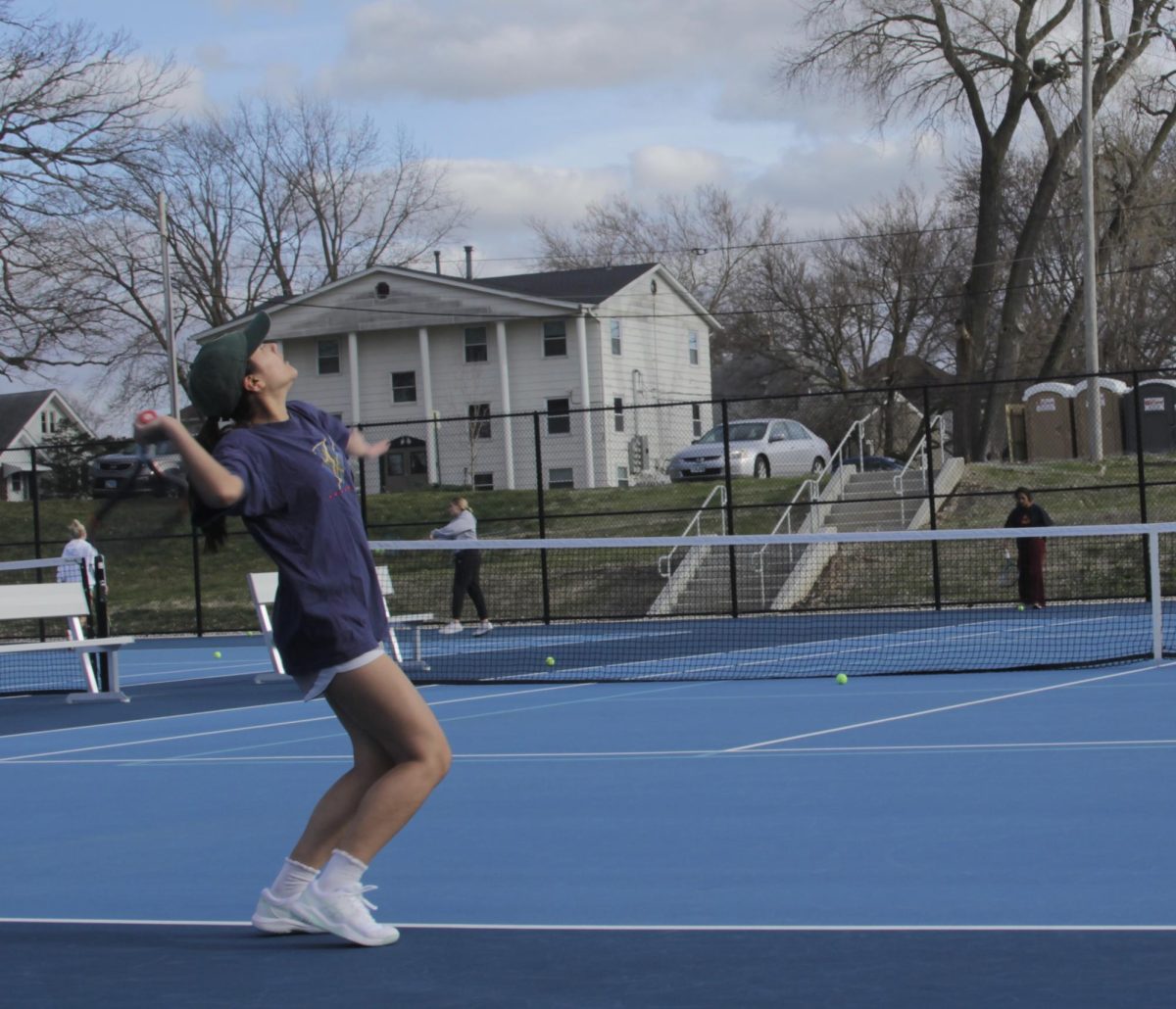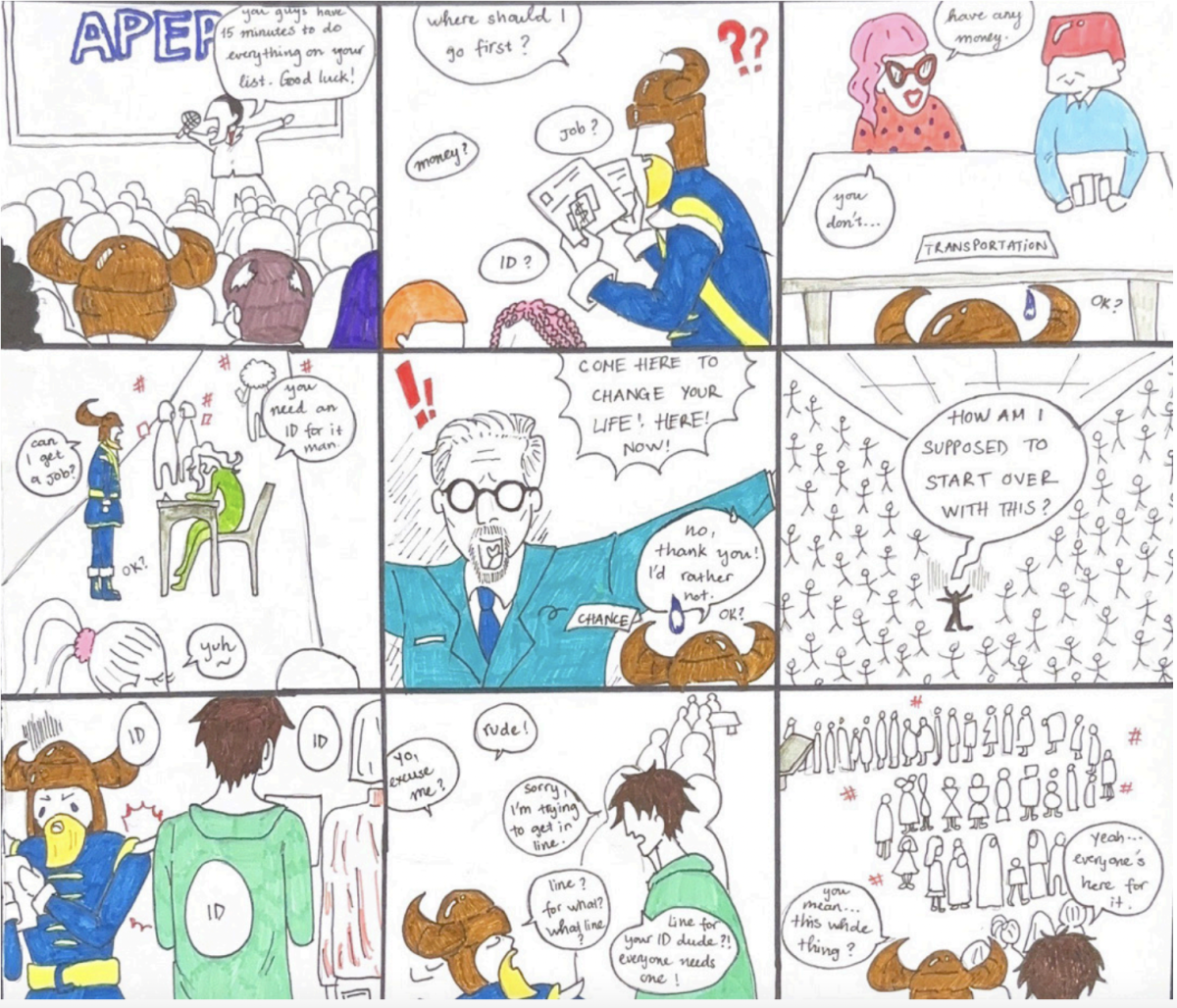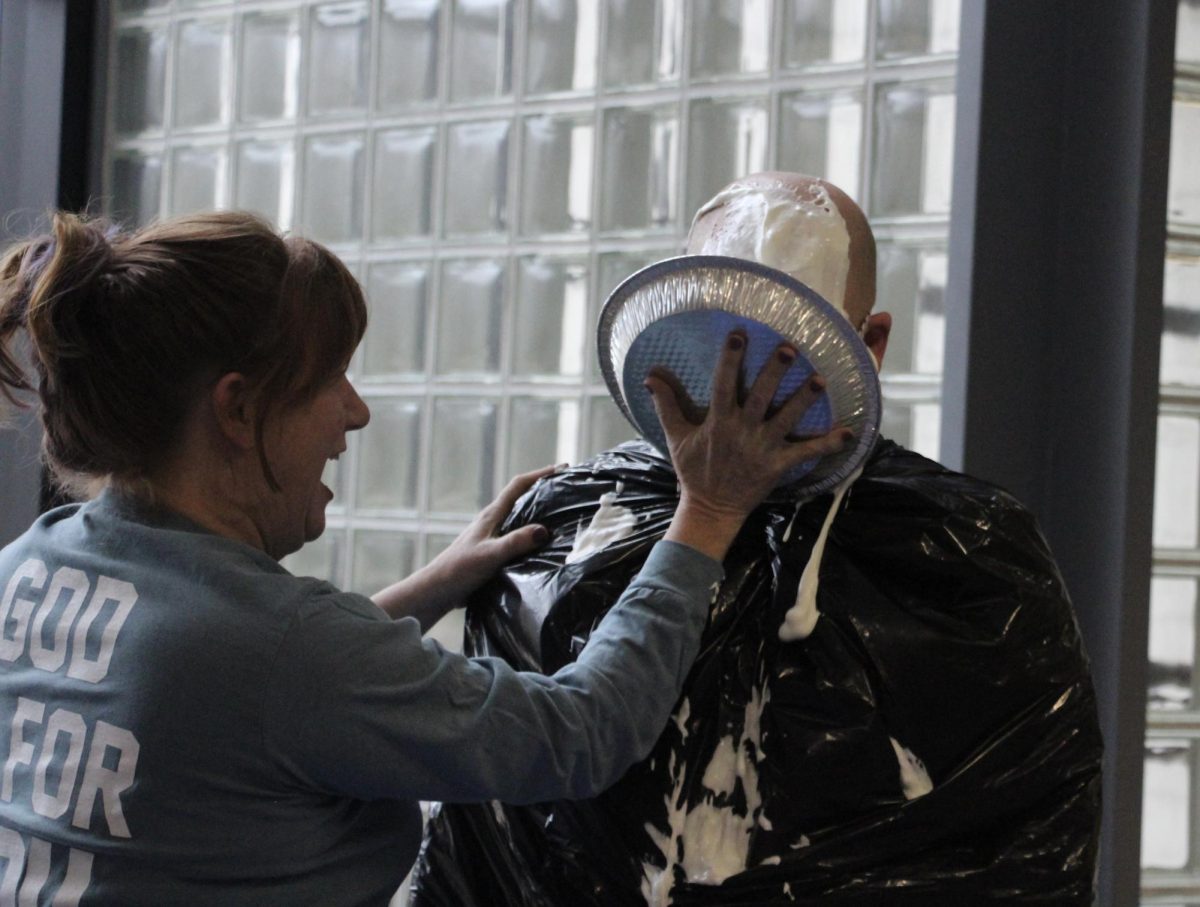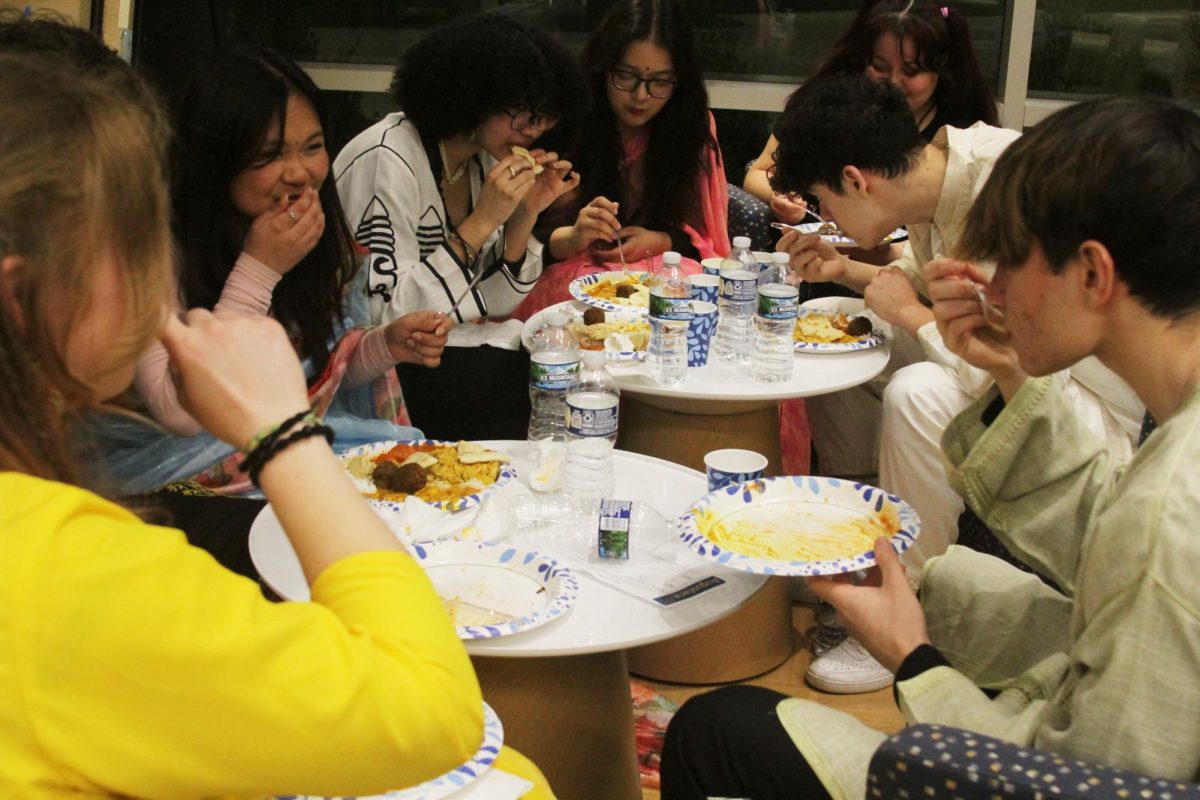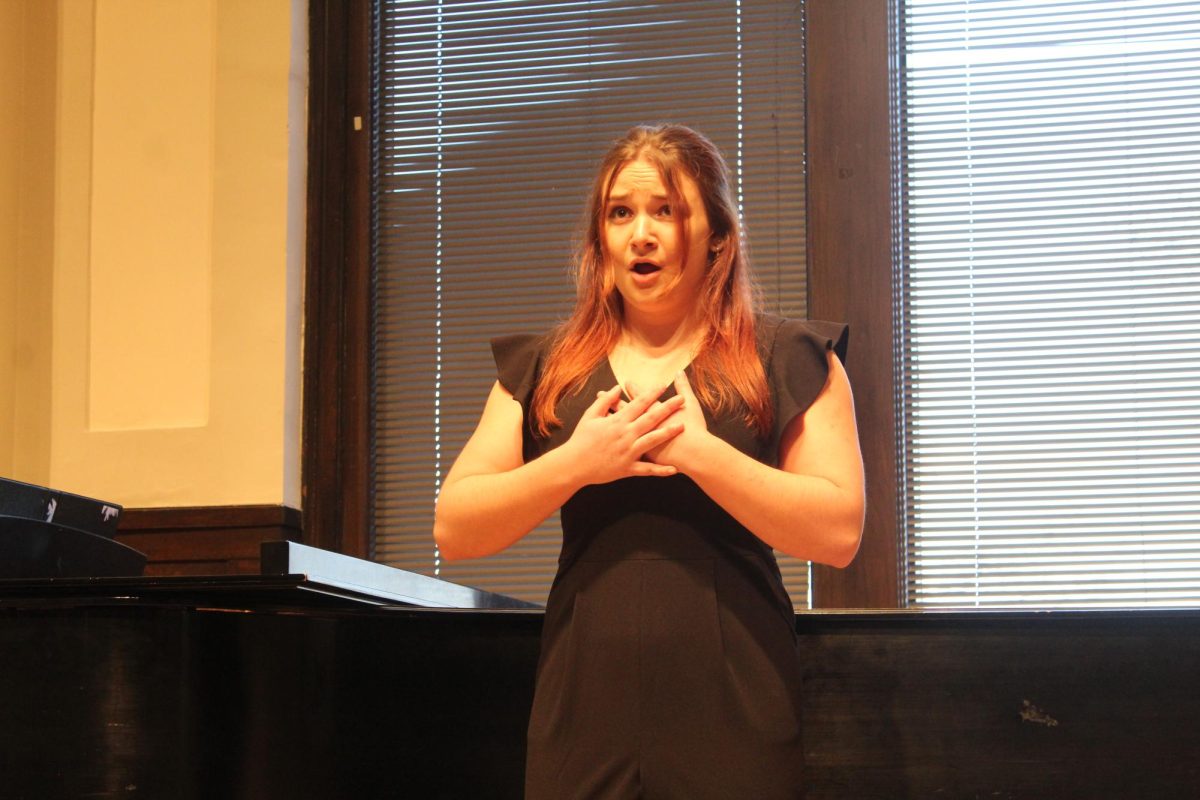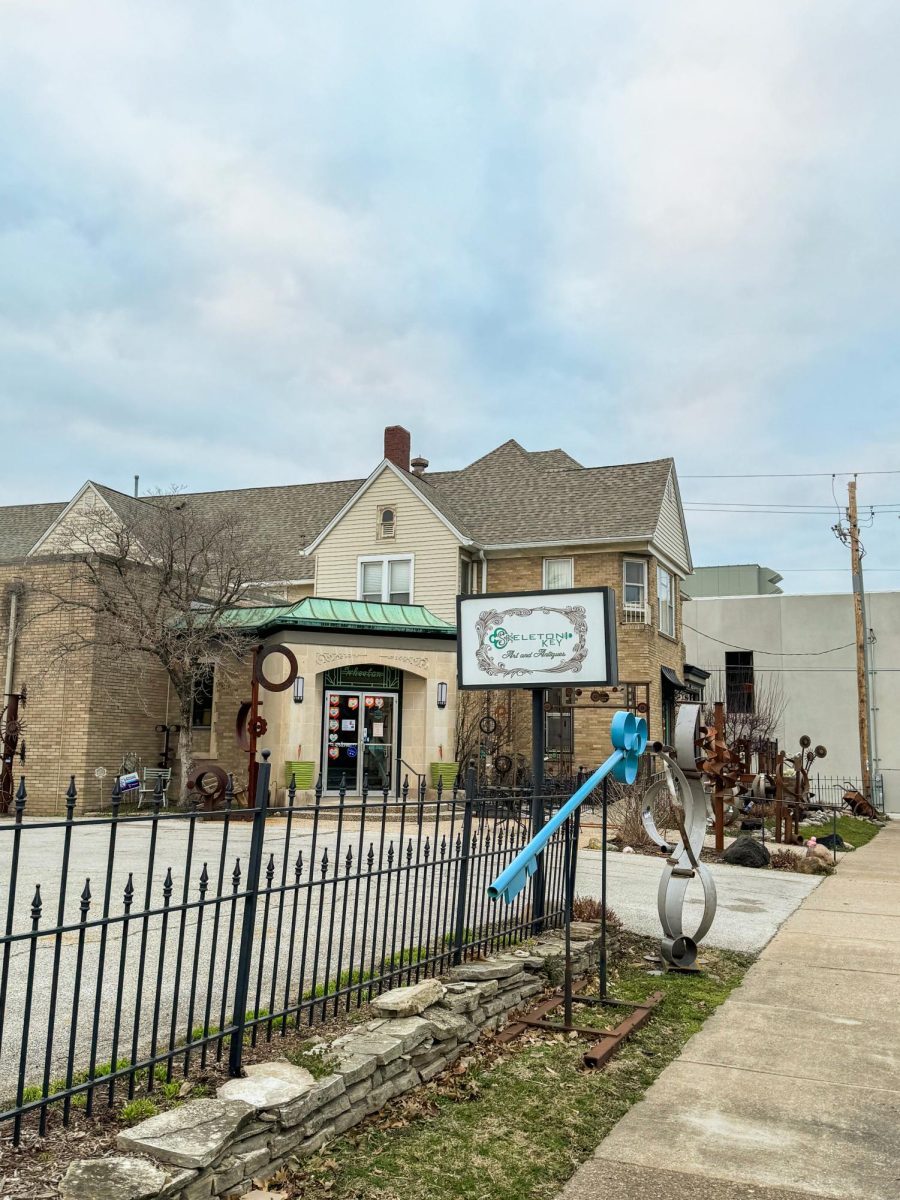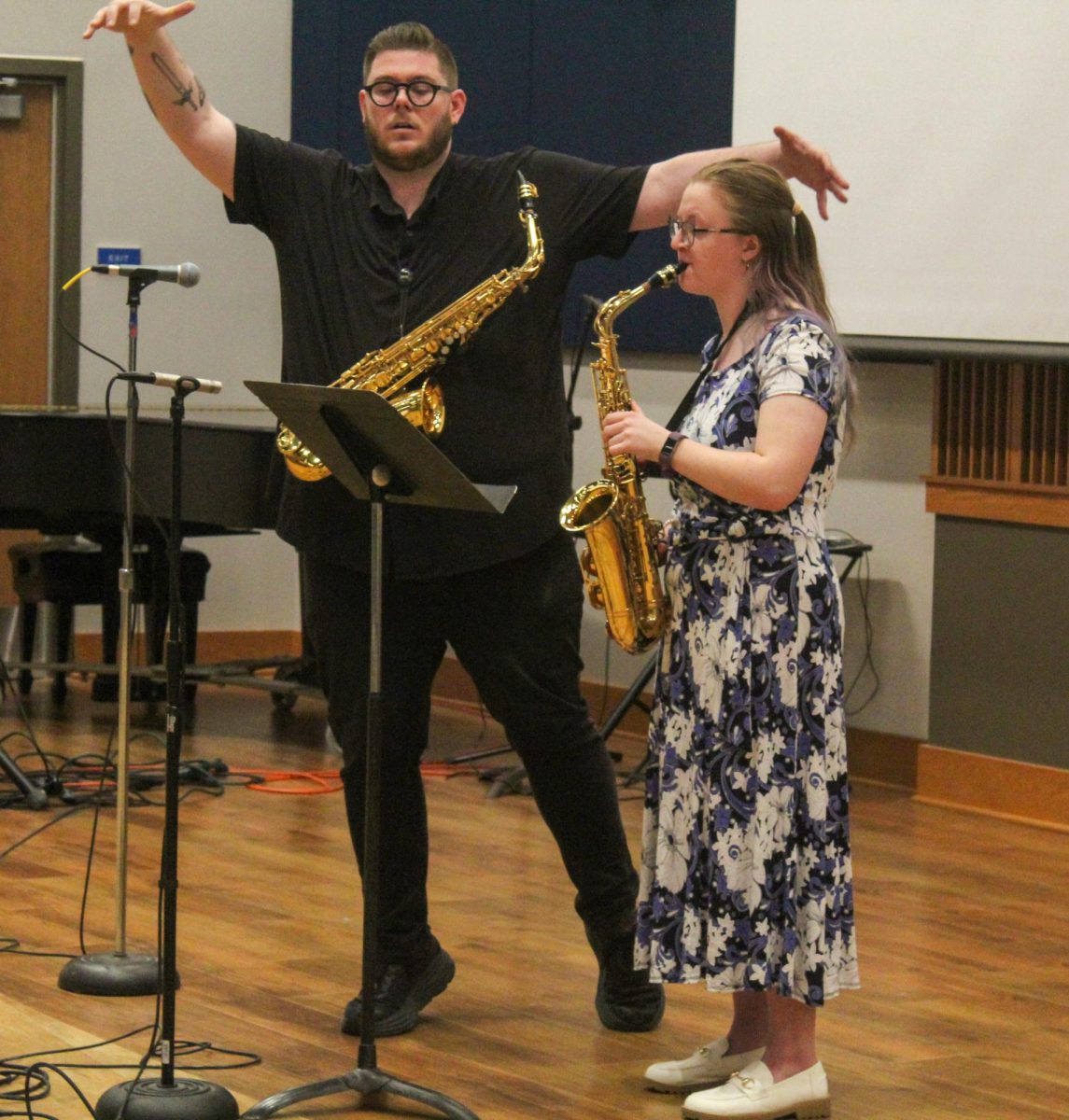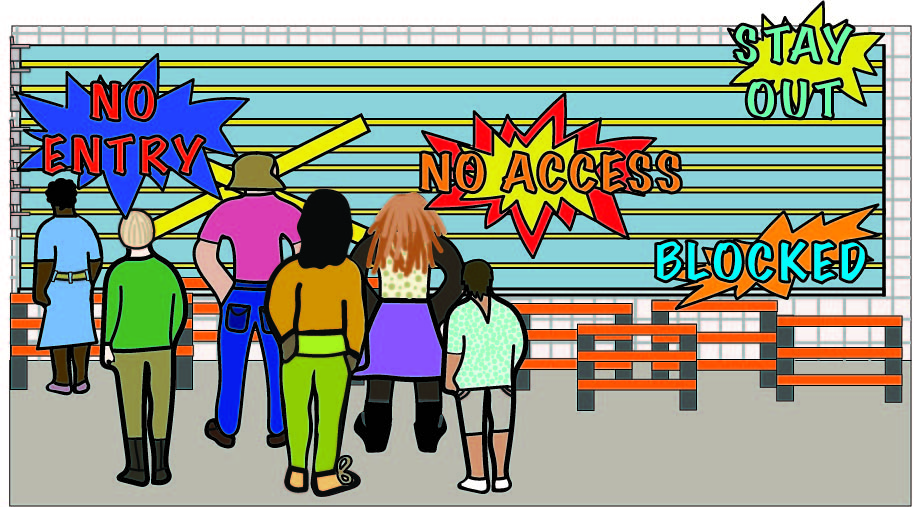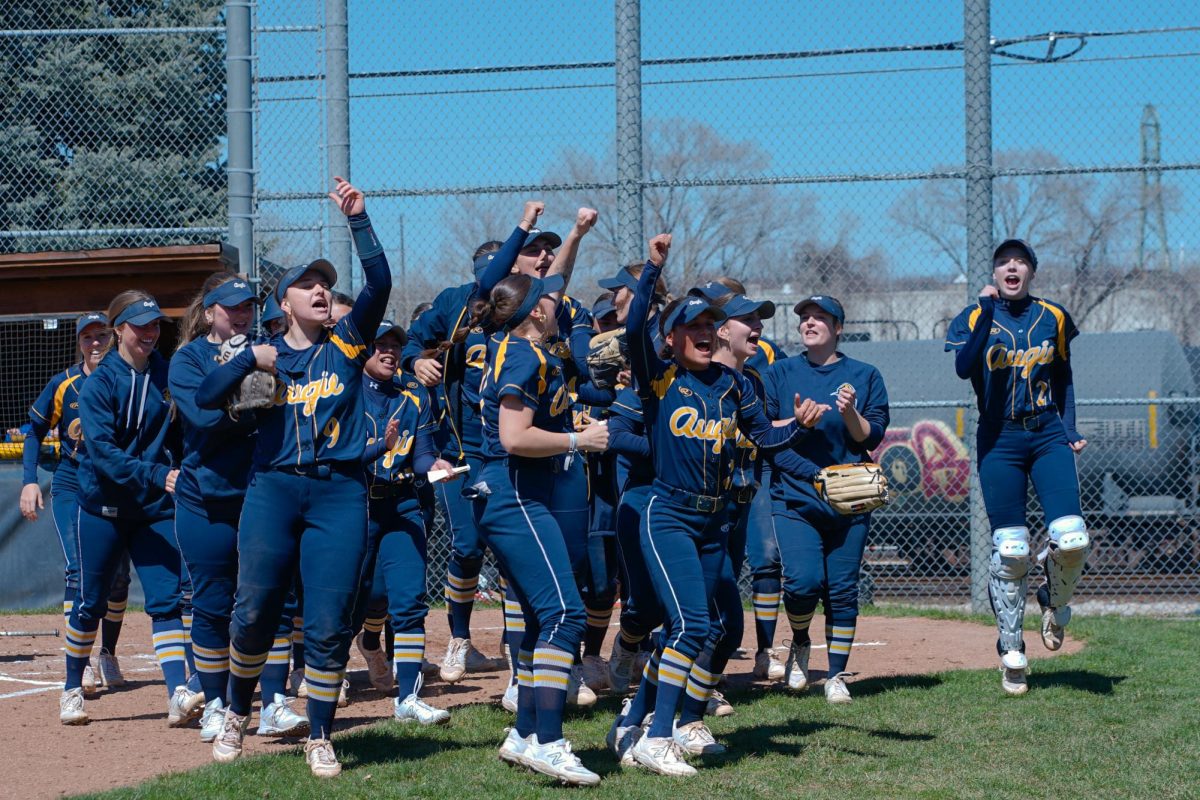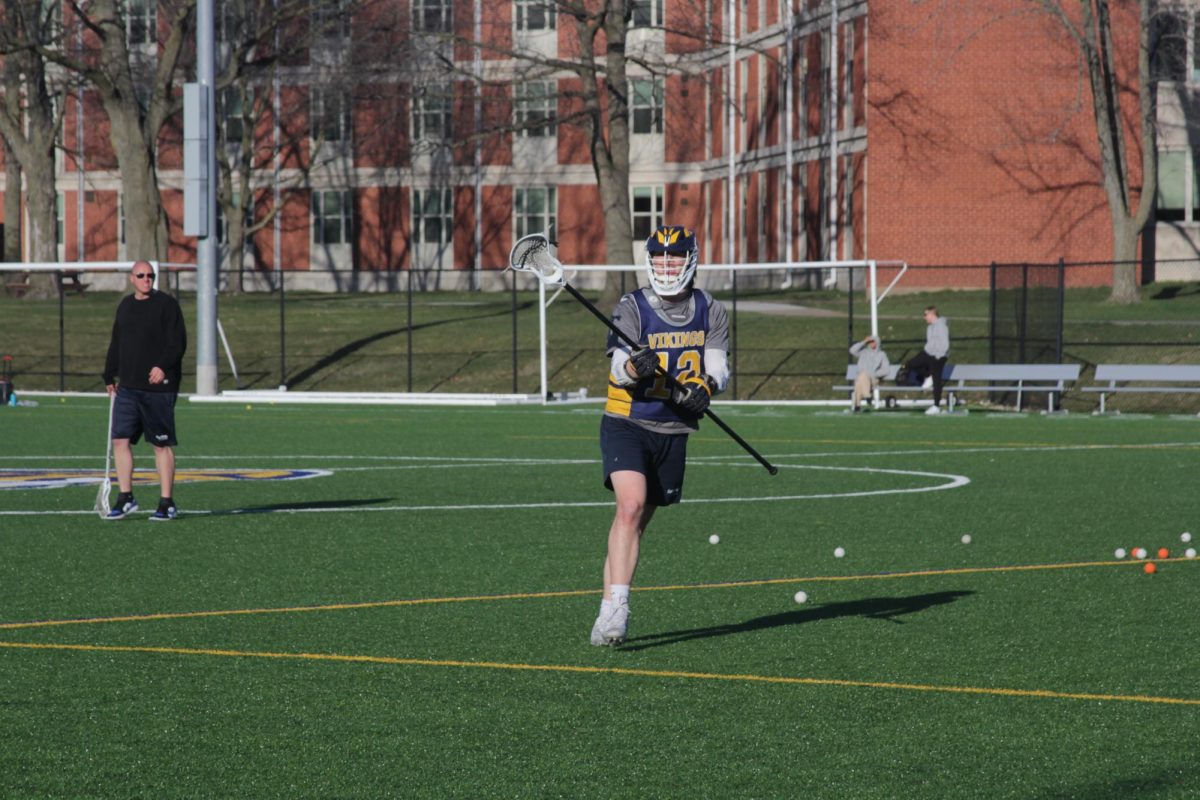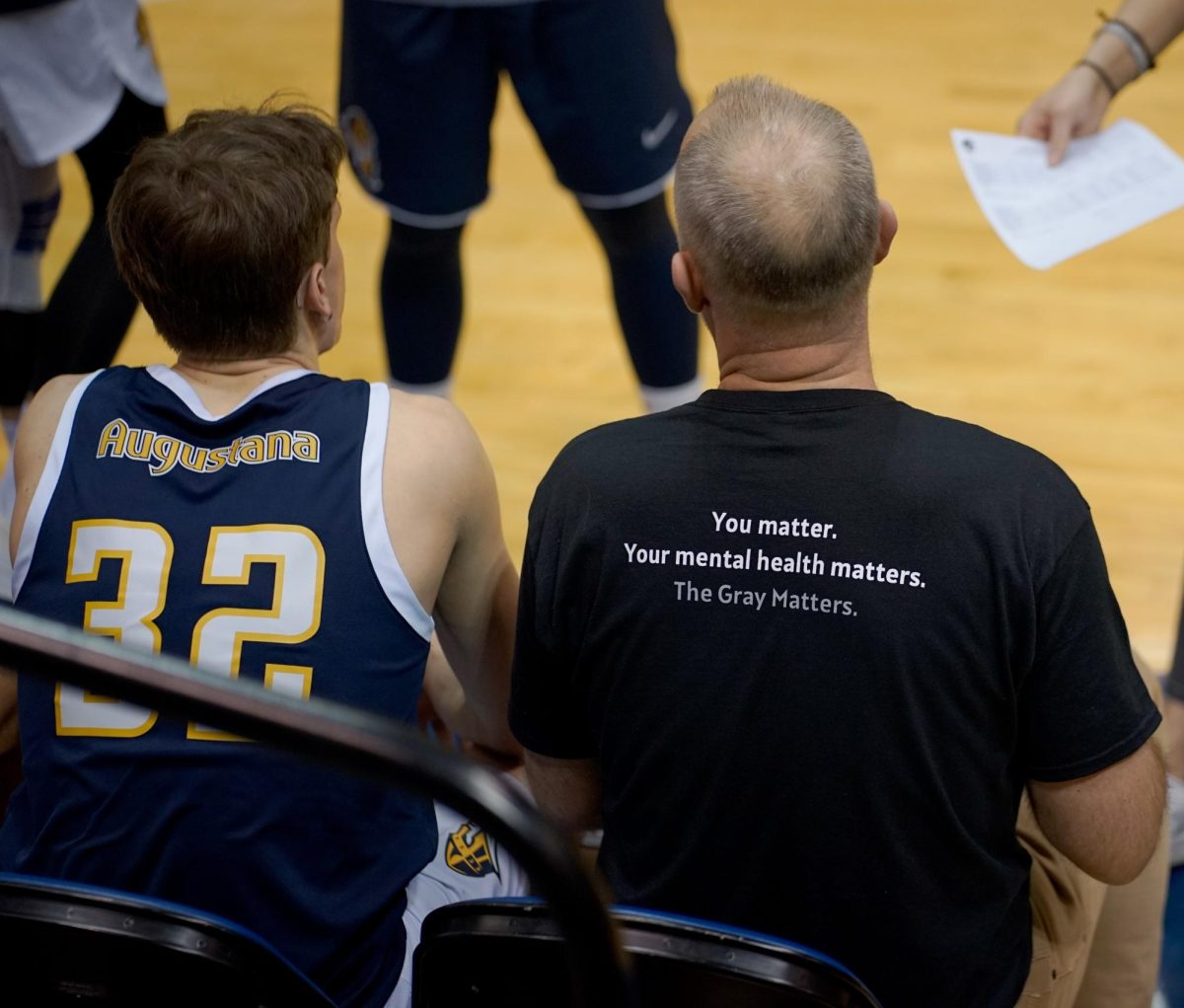A line of people grab their ballots and spend some time filling in bubbles, clicking on screens then inserting or submitting them into a machine that will count the vote. Someone approaches people and hands them an “I Voted” sticker as they leave the building. A common occurrence in America. The campus of Augustana is filled with young new voters, but are they utilizing the civic duty given to them?
Chief Deputy County Clerk Nick Camlin, an Augie grad of 2010, noticed that from what he has seen so far in this upcoming primary there has not been a lot of voters between 18-25 years of age coming to the voting booths.
“I think the turnout will be around 20 to 25% of the overall voting population,” Camlin said.
Camlin would like to point out that primary elections do usually have low voter turnout overall.
College students can be busy enough with courses involving projects and papers. Not to mention the various clubs and sports offered at Augustana. The Illinois primary, which will be held on March 20th, lies within the ongoing event of pledging. Camlin mentions that there are other ways to cast your votes than just on March 20th.
“We have had nearly 400 voters come into the office building, not to mention 143 voters at other locations,” Camlin said. More early voting locations like the Moline Public Library are open for early voters who don’t have time to come vote on March 20th.
Robert Burke, sophomore, registered to vote once he could and ever since has been voting. Being in college has not deterred him from staying informed with elections because Burke has filed for an absentee ballot, which is also called the mail vote.
“Mail voting, which started around February 8th, is convenient for Rock Island students allowing them to not have to wait in line in sleet and snow,” Camlin said. Camlin mentions how individuals need to just request an absentee ballot from their county clerk office.
Cole Neder, senior, always uses the absentee ballot to vote because there are no “waiting lines” to worry about.
“It is not that hard,” Burke said. “You go on your election authority website which is usually your county unless you live in Chicago. You go online and you apply to vote by mail and the form is usually a pdf or some kind of online form that you fill out and send. You have a ballot sent to you and everything is there and you just send it back. You don’t even pay for the mailing, which is pretty easy.”
Burke participates in doing research on the candidates on his ballot before voting and finds it extremely helpful when deciding who to cast his vote for.
Seniors Allan Daly and Courtney Kampart are both involved with the student government association on campus. Daly being President and Kampert being the Vice-President have noticed that being apart of SGA has made national and state issues more prevalent in their lives.
“It kind of keeps you up to date in the world and the problems facing the country,” Daly said.
Professor Xiaween Zhang teaches Political Science courses and focuses on international relations. Professor Zhang has noticed a change in student engagement over their four years of taking Political Science courses.
“Especially in all of the 100-level classes we are not designed to teach to only the majors, so clearly many became a major after taking the 100-level classes,” Professor Zhang said. “I believe from the first class to the last there has been definitely been a change in their perspective. How they [students] themselves can be apart of politics.”
On March 14th there was be a traveling mobile voting center on the Augustana campus. Located at the Center of Student Life students could early vote and even register or change their registration information.
If a student wants to register to vote all they need is an official photo I.D. and their current address on mail or other official indicators. For a student to change their address all they need to do is show the updated address.
The Observer produced a survey of 55 Augustana students with questions ranging from if they are registered to vote as well as if they felt their vote mattered. The results can be seen in the graphics accompanying this story. Out of the 55 students surveyed only 23 of students know their representatives.
Professor Dave Dehnel of the Political Science Department does not believe that students are apathetic but are apolitical during their college years.
“They don’t have strong political commitments and are uncertain of how to approach politics,” Professor Dehnel said.
Students who participated in the anonymous survey were uncertain of being civically engaged not knowing what counted and what did. Many wondered if being civically engaged had to be an ongoing process.
Senior William Loconsole directed his senior inquiry, through the communications department, on lack of student engagement in sports programs. While conducting his research at the YMCA, in Davenport, Loconsole noticed his displacement in being involved.
“Civic engagement kind of forces you into it, but in time it really opened up my eyes to what the Augustana bubble really meant,” Loconsole said. “With the problem I addressed you don’t notice it because you will be hanging around people who are like-minded individuals who are college kids. You don’t really see the at-risk youth on a day to day basis while on Augustana’s campus. I would rather be a lot more involved and I think that goes for a lot of people at Augustana especially in the Quad Cities area.”
Kampart mentions that since college students have their own passions and are involved in the campus community they are not always aware of the civic engagement opportunities around them.
Even a U.S. Senator was not aware of the full potential of being civically engaged until immersing himself in the process. Senator Dick Durbin, of Illinois, interned his senior year of college, which he attended Georgetown University, on Capitol Hill.
“I was completely dazzled by Capitol Hill,” Senator Durbin said. Senator Durbin slowly gained more information about the issues while interning and later being involved in numerous campaigns.
“College students are new to voting and many have not made it a personal habit,” Senator Durbin said.
Senator Durbin thinks that over time many of the college students will become more integrated into the sphere of voting.
“Voting rates tend to increase with age,” Professor Dehnel said. “People take time to develop perspectives on politics and to experience the ways politics affects them. College students vote more often than non-college students of the same age.”
Neder has become more engaged as a college student by interning at the City of Moline in the planning and development department. Neder is currently working for Cheri Bustos, the U.S. Representative from the 17th district in Illinois.
Daly mentions that for a lot of college students the issues being discussed on Capitol Hill will have a direct impact on their current lives and well into their futures.
In China, there is not the level of freedom for individuals to participate in government issues.
“The government in China is still an authoritarian system so the freedom of grassroots, NGO’s, religious groups is still pretty limited,” Professor Zhang said. “So I would say the government still holds a very strong control of civic engagement in China. I think for anybody coming from China and for me the first thing I think of when hearing civic engagement is first and foremost to vote. You don’t have the freedom to vote for your own leaders. That is the most important way of becoming engaged.”
Use your voice: why civic engagement matters
March 15, 2018
Leave a Comment
More to Discover
